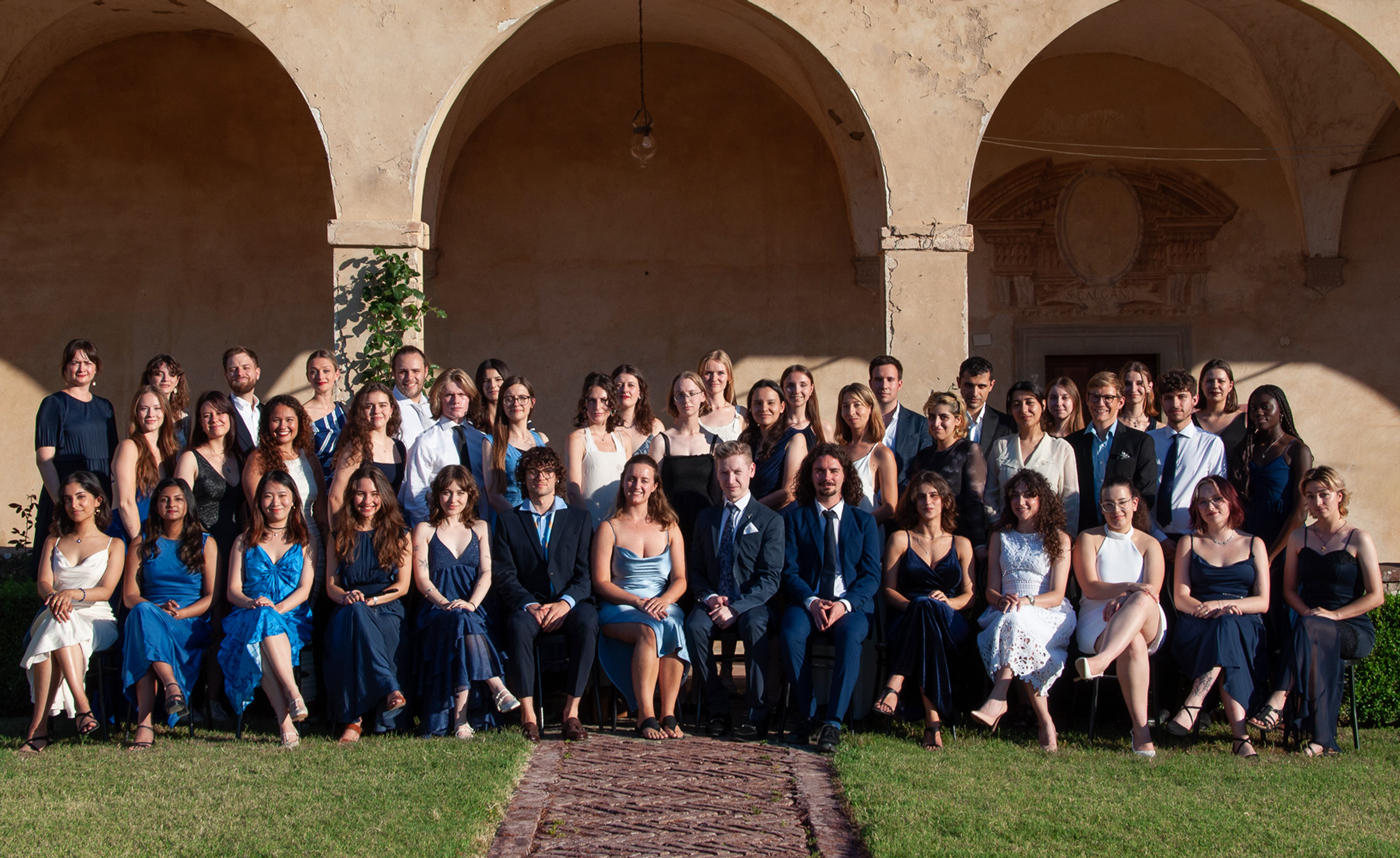Following the success of previous jSchools, jSchool 2025 will return to the Certosa di Pontignano in Siena, Italy from the 6th to 12th July. Students will get the chance to kick-off their group research studies, supported by their Research Supervisors and JRP Team Members, as well as enjoy sunny Tuscany.
The Junior Researcher Programme (JRP) is now accepting applications from bachelors and masters students in psychology and behavioural sciences to join jSchool 2025. Each year, students from all over the world are selected to become part of the Junior Researcher Programme and work on a research project within a dedicated team for 13 months. The journey starts at the one-week summer school in July, where teams meet and projects take shape. After 13 months of collaboration, students present their final work at the Junior Researcher Programme Conference in Cambridge, UK. Once their journey is completed, they will join the JRP Alumni Network, where they can keep in touch with researchers of previous cohorts and continue to grow within an international research community.
Student applications are open – Apply now!
Before you apply, we encourage you to use our Eligibility Checker to confirm you meet the programme requirements. To help you submit a strong application, make sure to read our Student Application Guide, which provides detailed instructions, and our AI Guidance. We look forward to receiving your application and getting to know you!
If you have any further questions, you are very welcome to contact us at jschool@pscholars.org. We are also hosting two Q&A sessions on 12th April via Zoom for any questions you might want to ask us directly. The sessions will be identical in content. We are offering two time slots to accommodate more people and account for different time zones.
First Session: 11 AM (CEST), 12th April 2025. Please sign up via the Zoom registration page.
Second Session: 5 PM (CEST), 12th April 2025. Please sign up via the Zoom registration page.
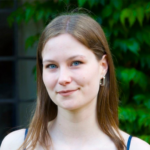
Researcher at the Univerza v Mariboru
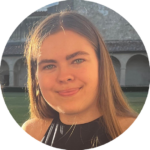
Master Student at the University of Limerick
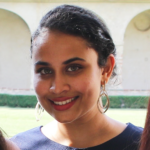
Research Fellow at the University of Oxford
Lecturer at the University of Southampton
Theme

The theme of this jSchool is The Psychology of Decision Making: Understanding Choices Across Different Contexts. This theme was carefully selected to allow jSchool students to apply their skills to a diverse range of psychological challenges and research areas.
By focusing on how individuals and groups make decisions, from everyday choices to high-stakes dilemmas, students will explore key cognitive, social, and contextual factors that shape human behaviour. Whether examining decisions in health, education, policy, or technology, this theme provides a multifaceted framework for developing innovative research questions, and expanding psychological insights into real-world impact.
Projects & Supervisors
jSchool offers the chance to gain valuable experience in designing cross-cultural research in small groups under the supervision of early-career researchers. The event is a platform for psychology students to conduct research in an international setting and in their field of interest, with the aim of producing meaningful insights suitable for publication in scientific journals.
For JSchool 2025, we have seven different projects. Click between the seven tabs to read more about the projects and the supervisors:
Developing an on-app intervention to boost decisions with social media
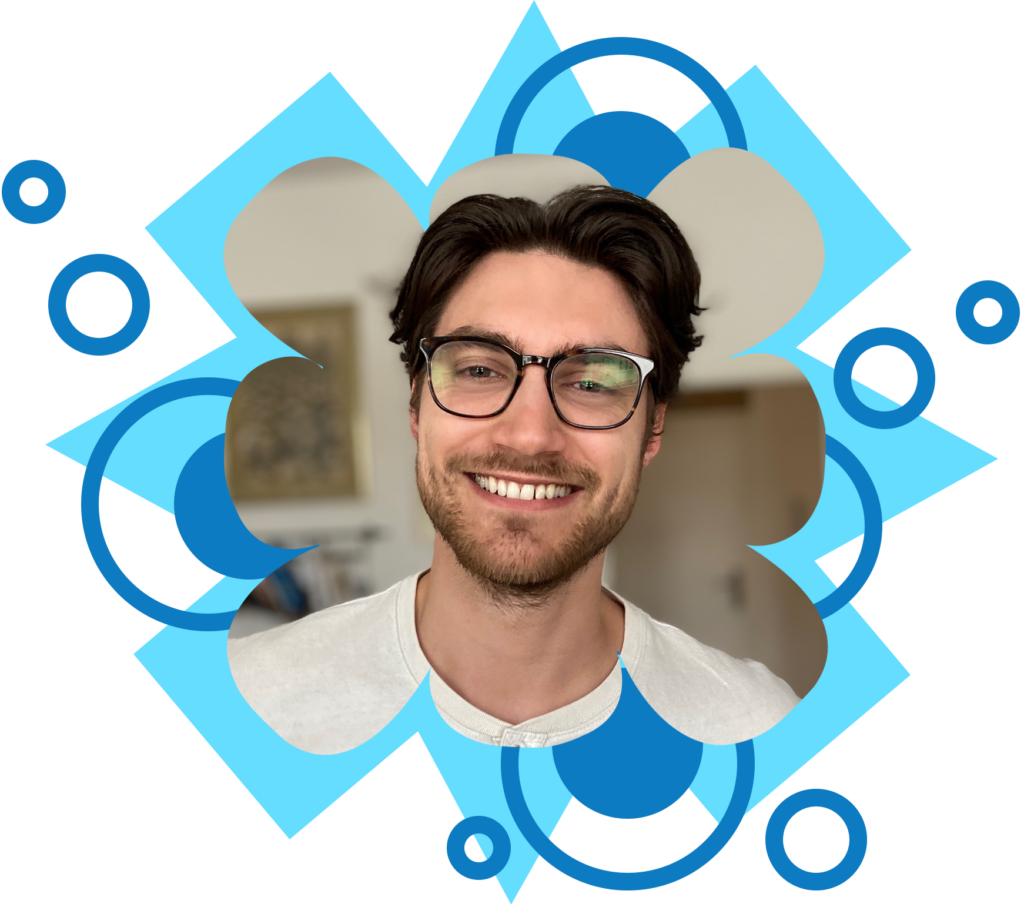 Social Media (SM) is a rather new and wicked decision-making environment. Its ubiquity and short-term rewards exert a powerful influence on people of virtually all ages. This project focuses on boosting people in their decisions about when and how to engage with SM through an assistive smartphone app. We aim to develop different theory-driven self-nudges in collaboration with and on the app one sec and test their effects on a sample of real users. The results will not only provide insights into which theoretically interesting app interventions are practically effective, but also develop features that are subsequently used in a real app. The aim is to understand what it really means for a digital intervention to be effective.
Social Media (SM) is a rather new and wicked decision-making environment. Its ubiquity and short-term rewards exert a powerful influence on people of virtually all ages. This project focuses on boosting people in their decisions about when and how to engage with SM through an assistive smartphone app. We aim to develop different theory-driven self-nudges in collaboration with and on the app one sec and test their effects on a sample of real users. The results will not only provide insights into which theoretically interesting app interventions are practically effective, but also develop features that are subsequently used in a real app. The aim is to understand what it really means for a digital intervention to be effective.
David Grüning
David Grüning is a researcher at the Max Planck Institute (Center for Adaptive Rationality) & Stanford University (Center for Digital Health) focusing on digital interventions for well-being through app-based tools. He is the Scientific Director of the one sec app and more recently also of the Structured app.Can AI be a therapist? Exploring the future of mental health care
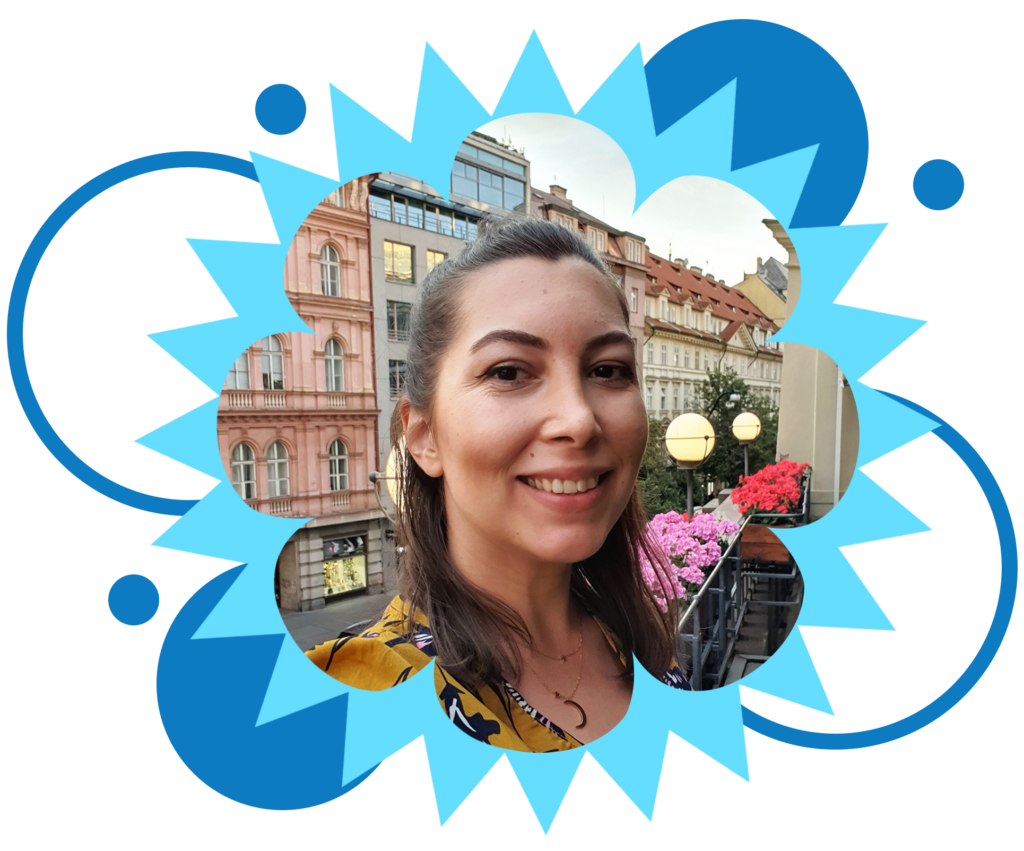 AI-based mental health interventions are increasingly used due to their accessibility and anonymity. While they lack human traits like empathy and ethical judgment, they are often perceived as more objective, potentially influencing trust and treatment adherence. This study aims to investigate how perceptions of fairness shape engagement with AI vs. human therapy, assessing whether AI’s perceived fairness affects trust and treatment adherence. The findings could offer insights into AI’s evolving role in mental health care and its potential to complement traditional therapeutic approaches.
AI-based mental health interventions are increasingly used due to their accessibility and anonymity. While they lack human traits like empathy and ethical judgment, they are often perceived as more objective, potentially influencing trust and treatment adherence. This study aims to investigate how perceptions of fairness shape engagement with AI vs. human therapy, assessing whether AI’s perceived fairness affects trust and treatment adherence. The findings could offer insights into AI’s evolving role in mental health care and its potential to complement traditional therapeutic approaches.
Dilan Yücel
Dilan Yücel is a PhD candidate in the neuroimaging in psychiatry lab at Amsterdam University Medical Center. Her research utilizes ultra-high field MRI and data science to study major depressive disorder. She holds a research master’s in psychology from the University of Amsterdam and has studied in Türkiye, Spain, and South Korea. Beyond research, she enjoys swimming, playing volleyball, and capturing cat photos around the beautiful canals of The Netherlands.
AI vs. Human Cheating: Perceptions of Morality and Competence in Academic Dishonesty
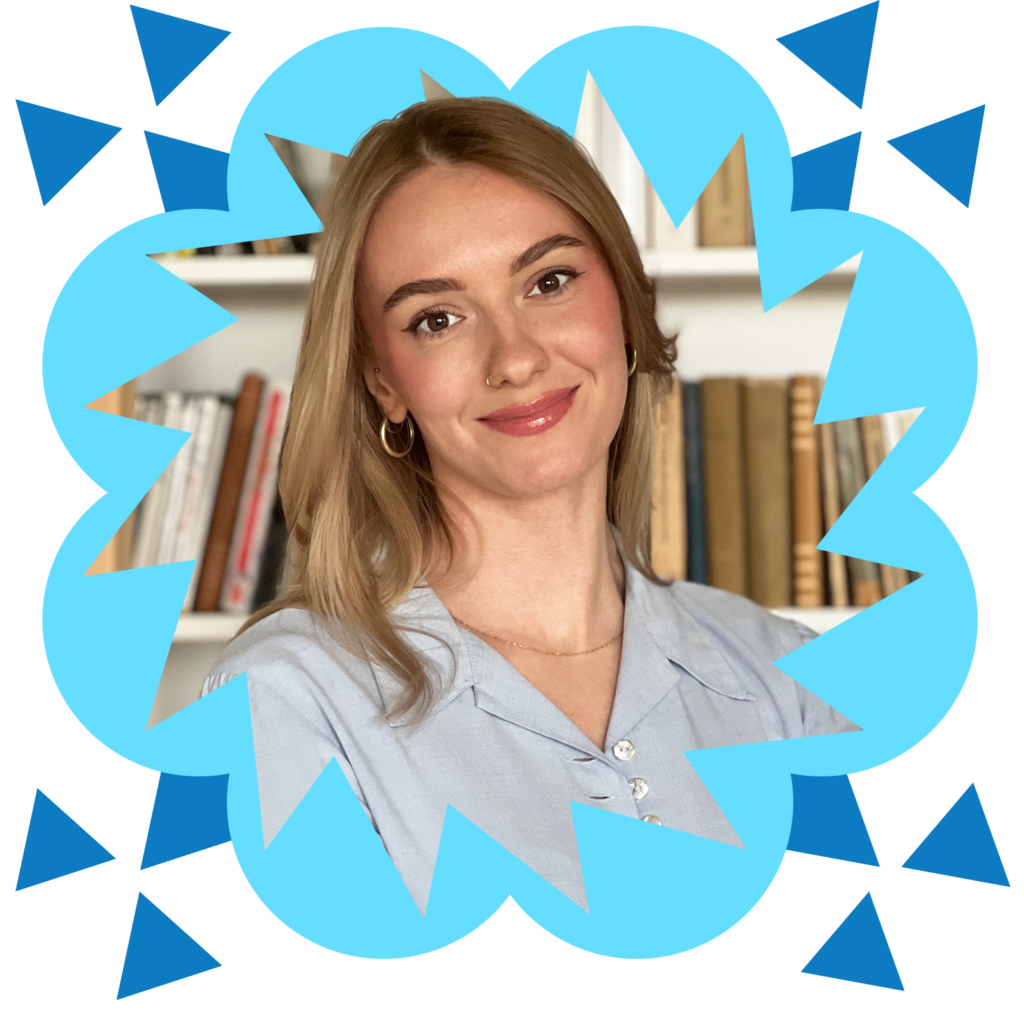 The introduction of new tools based on Artificial Intelligence (AI) in late 2022 immediately changed education. With fast, mostly unlimited access to tools that can write whole essays, many educators worry about academic integrity, and studies so far provide mixed-results about how AI is perceived. This project focuses on how moral decision-making operates in academic dishonesty. We will explore how students and faculty perceive competence and morality of students cheating via AI versus another human. Further, we will examine whether people are aware of these perceptions and whether they use this knowledge strategically in their decisions, ultimately shaping dishonest behaviour.
The introduction of new tools based on Artificial Intelligence (AI) in late 2022 immediately changed education. With fast, mostly unlimited access to tools that can write whole essays, many educators worry about academic integrity, and studies so far provide mixed-results about how AI is perceived. This project focuses on how moral decision-making operates in academic dishonesty. We will explore how students and faculty perceive competence and morality of students cheating via AI versus another human. Further, we will examine whether people are aware of these perceptions and whether they use this knowledge strategically in their decisions, ultimately shaping dishonest behaviour.
Katarzyna Miazek
Katarzyna Miazek is a doctoral researcher at the SWPS University (Poland) specializing in moral psychology and human-AI interactions, currently exploring the moral biases in our perceptions of AI. When she’s not researching moral dilemmas, Katarzyna enjoys lifting weights at the gym and playing video games.Smaller-sooner or larger-later? How time framing shapes our choice behaviour
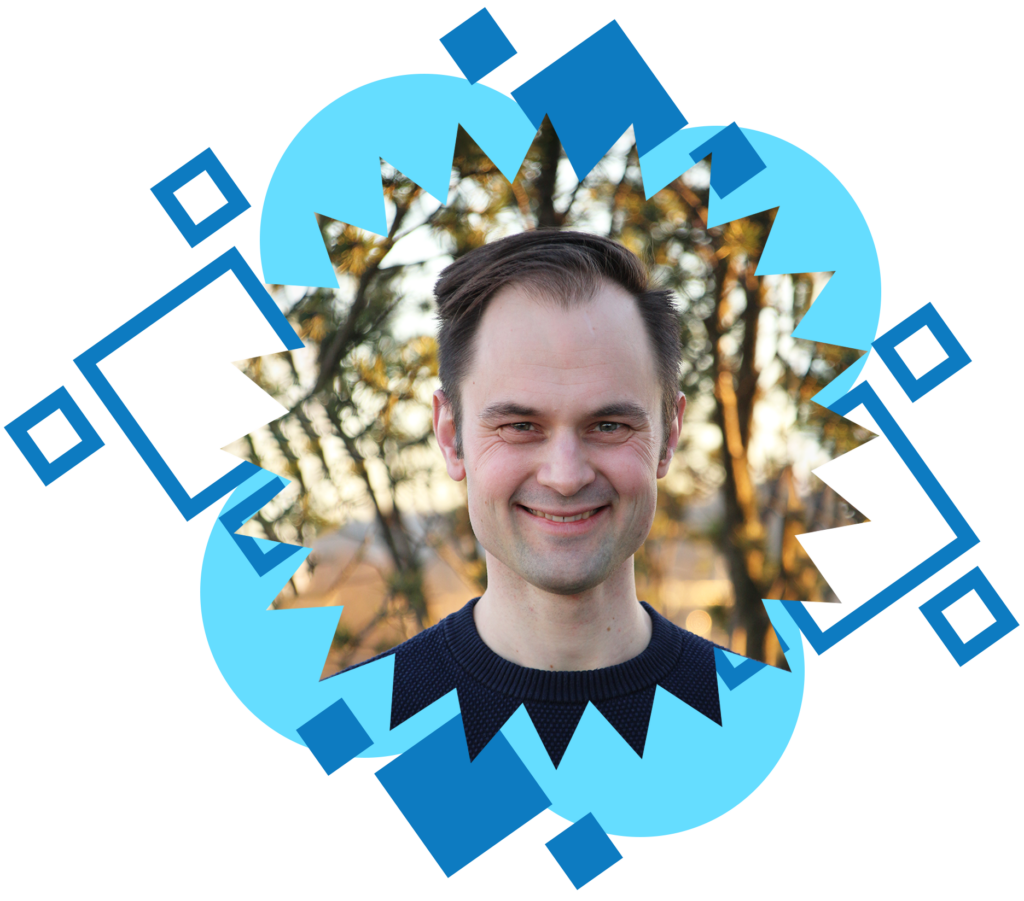 Every day, we face decisions between smaller-sooner and larger-later rewards. Examples include the personal decision to spend money now or save it for the future, or the societal decision to rely on coal today or invest in renewable energy. Research suggests that our time perception plays a key role in this kind of decision. Therefore, this project aims to investigate to what extent time framing – that is, the way time is presented – can influence long-term decision-making across different linguistic and cultural contexts.
Every day, we face decisions between smaller-sooner and larger-later rewards. Examples include the personal decision to spend money now or save it for the future, or the societal decision to rely on coal today or invest in renewable energy. Research suggests that our time perception plays a key role in this kind of decision. Therefore, this project aims to investigate to what extent time framing – that is, the way time is presented – can influence long-term decision-making across different linguistic and cultural contexts.
Kristof Keidel
Kristof Keidel is a postdoctoral researcher at the University of Bonn (Germany). He earned his PhD through a joint programme between the Universities of Bonn (Germany) and Melbourne (Australia), where he studied impulsive decision-making from an interdisciplinary perspective. Kristof’s research explores the many facets of impulsivity as well as the cognitive, neural and clinical factors that shape intertemporal choices, with implications for impulsivity research, everyday decision-making and mental health.Sleepy Judgment: Is effort moralization a function of subjective fatigue?
 Effort moralization—seeing higher effort as indicative of higher morality, even if it doesn’t increase performance—is a bias in character judgment. Yet, despite several studies, few useful moderators of the effect have been discovered. Based on motivational theories, subjective fatigue of the participant could be a candidate mechanism. Being more tired oneself should make tasks appear harder, hence requiring more effort. In this way, fatigue might moderate the strength of effort moralization. To test this hypothesis, we will replicate the effort moralization effect in multiple countries and assess whether subjective fatigue influences the strength of the effect. Further, we will aim to do this within the scope of a Registered Report at PeerCommunityIn.
Effort moralization—seeing higher effort as indicative of higher morality, even if it doesn’t increase performance—is a bias in character judgment. Yet, despite several studies, few useful moderators of the effect have been discovered. Based on motivational theories, subjective fatigue of the participant could be a candidate mechanism. Being more tired oneself should make tasks appear harder, hence requiring more effort. In this way, fatigue might moderate the strength of effort moralization. To test this hypothesis, we will replicate the effort moralization effect in multiple countries and assess whether subjective fatigue influences the strength of the effect. Further, we will aim to do this within the scope of a Registered Report at PeerCommunityIn.
Leopold Roth
Leopold is a PhD candidate at the University of Vienna in the field of motivation psychology, investigating self-control, fatigue and disengagement. In his free time, he enjoys boxing and reading as well as just walking around the city with a coffee and some friends.
Political Emotions and Interoception in the Era of Social Media
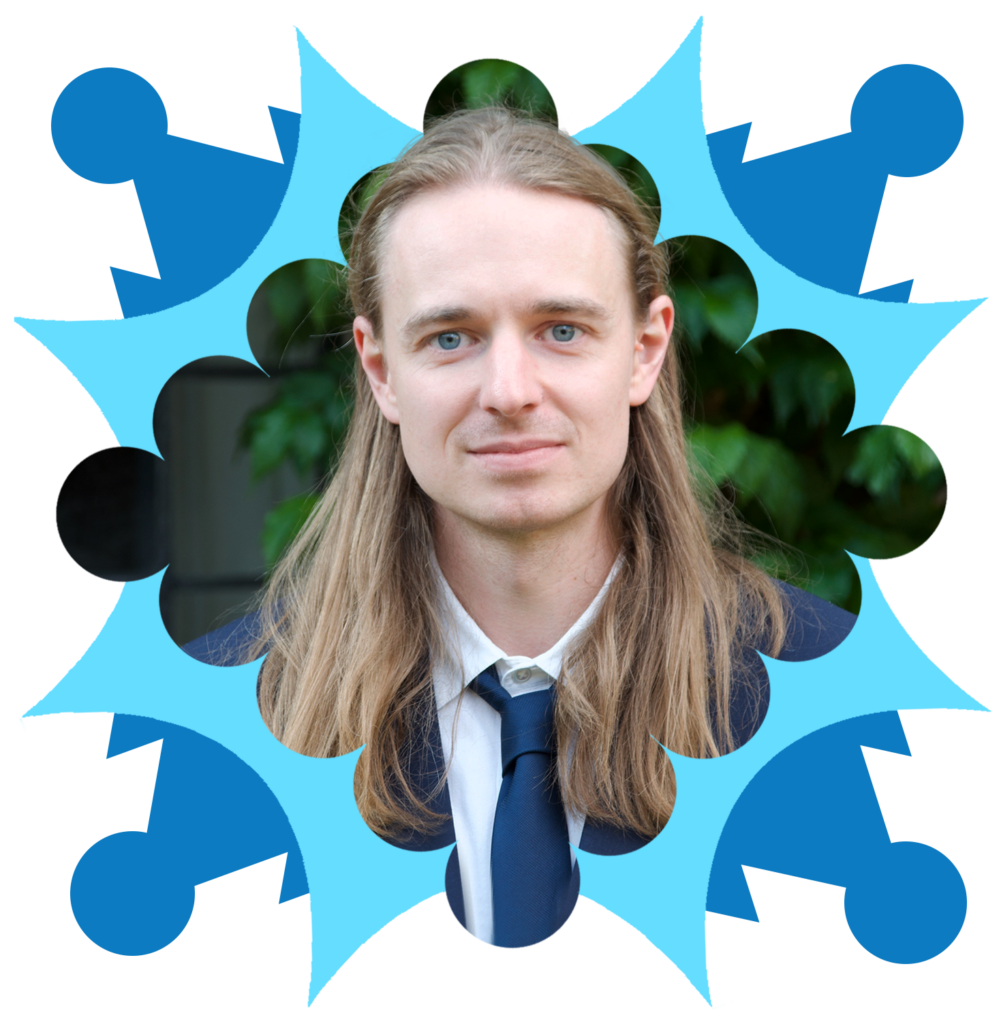 Do you remember the last time political news presented to you on social media evoked a visceral response? Social media algorithms oftentimes aim to capture our attention by evoking outrage or fear — emotions closely tied to our perception of bodily signals. Recent findings suggest that the trust we have in our own bodily signals might be a protective factor against the negative impact of politics on our well-being. In this study we aim to replicate this finding across several cultural contexts. In addition, we will investigate whether this protective effect extends to a social media context — is the intensity of political emotions elicited by posts linked to how we perceive our bodily signals?
Do you remember the last time political news presented to you on social media evoked a visceral response? Social media algorithms oftentimes aim to capture our attention by evoking outrage or fear — emotions closely tied to our perception of bodily signals. Recent findings suggest that the trust we have in our own bodily signals might be a protective factor against the negative impact of politics on our well-being. In this study we aim to replicate this finding across several cultural contexts. In addition, we will investigate whether this protective effect extends to a social media context — is the intensity of political emotions elicited by posts linked to how we perceive our bodily signals?
Markus Tünte
Markus Tünte is currently wrapping up his PhD at the University of Vienna, Austria, under supervision of Prof. Stefanie Hoehl. His research investigates the development of the perception of bodily signals — an ability termed interoception — and related constructs, such as social cognition and mental health.The Foreign Language Effect in Ethical Decision-Making: A Cross-Cultural Study
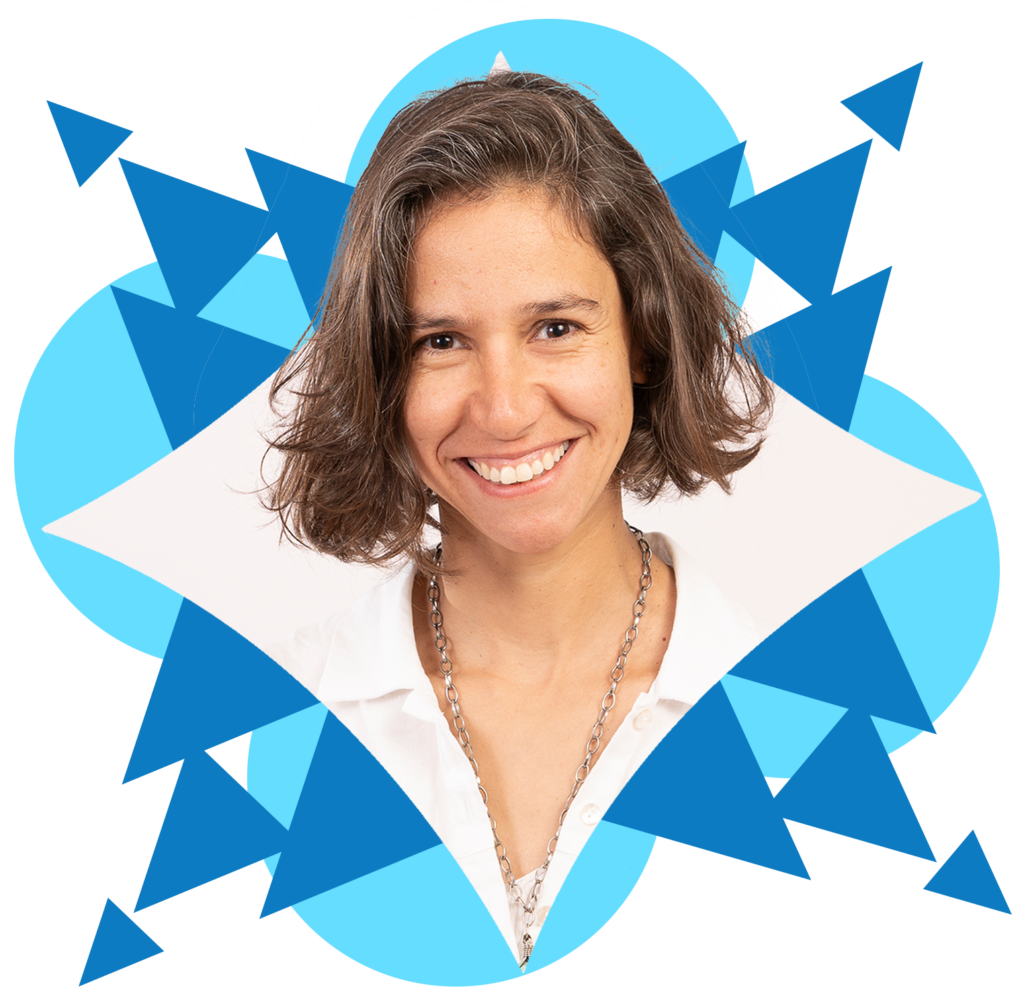 Language can shape moral reasoning, influencing whether individuals make decisions based on rules (deontological) or outcomes (utilitarian). Research suggests that speaking in a foreign language increases the likelihood of utilitarian choices, possibly due to reduced emotional engagement and, in some cases, greater cognitive control—a phenomenon known as the Foreign Language Effect (FLE). However, the role of cognitive load remains debated, as proficiency levels may mediate its impact. To investigate these effects, this project will present moral dilemmas in multiple languages, examining cross-cultural variations in the foreign language effect. By comparing ethical judgments in participants’ native and foreign languages, we aim to understand how linguistic and cultural differences shape decision-making. Findings will contribute to research on moral cognition in multilingual contexts, with broader implications for ethical reasoning in globalised environments.
Language can shape moral reasoning, influencing whether individuals make decisions based on rules (deontological) or outcomes (utilitarian). Research suggests that speaking in a foreign language increases the likelihood of utilitarian choices, possibly due to reduced emotional engagement and, in some cases, greater cognitive control—a phenomenon known as the Foreign Language Effect (FLE). However, the role of cognitive load remains debated, as proficiency levels may mediate its impact. To investigate these effects, this project will present moral dilemmas in multiple languages, examining cross-cultural variations in the foreign language effect. By comparing ethical judgments in participants’ native and foreign languages, we aim to understand how linguistic and cultural differences shape decision-making. Findings will contribute to research on moral cognition in multilingual contexts, with broader implications for ethical reasoning in globalised environments.
Yliana V. Rodríguez
Yliana V. Rodríguez is a linguist specialising in sociolinguistics and psycholinguistics. She earned her Ph.D. in Linguistics from Leiden Universiteit (The Netherlands) and is currently working at the Faculty of Psychology of Universidad de la República (Uruguay). She is interested in better understanding linguistic dynamics in multilingual contexts, combining experimental and theoretical approaches.Venue

The Certosa di Pontignano is a 14th-century monastery in the very heart of the Chianti countryside. The site, also denominated as the Pearl of the Sienese Chianti, brings together nature, history, and hospitality, whilst incorporating perfect spaces for study groups, needed for the students to lay the grounding blocks for their team projects, and to form strong friendship and collaborative bonds.
The location offers multiple green spaces, ideal for social events and moments of relaxation. Its natural silence, and its proximity to Italy’s capital cultural cities, Siena and Florence, give the summer school participants the chance to both enjoy a stroll through the Chianti vineyards, and appreciate the frenetic Italian city life.
